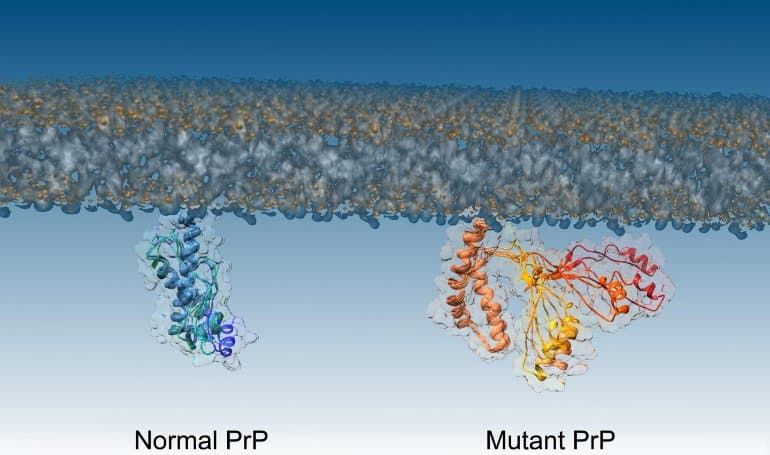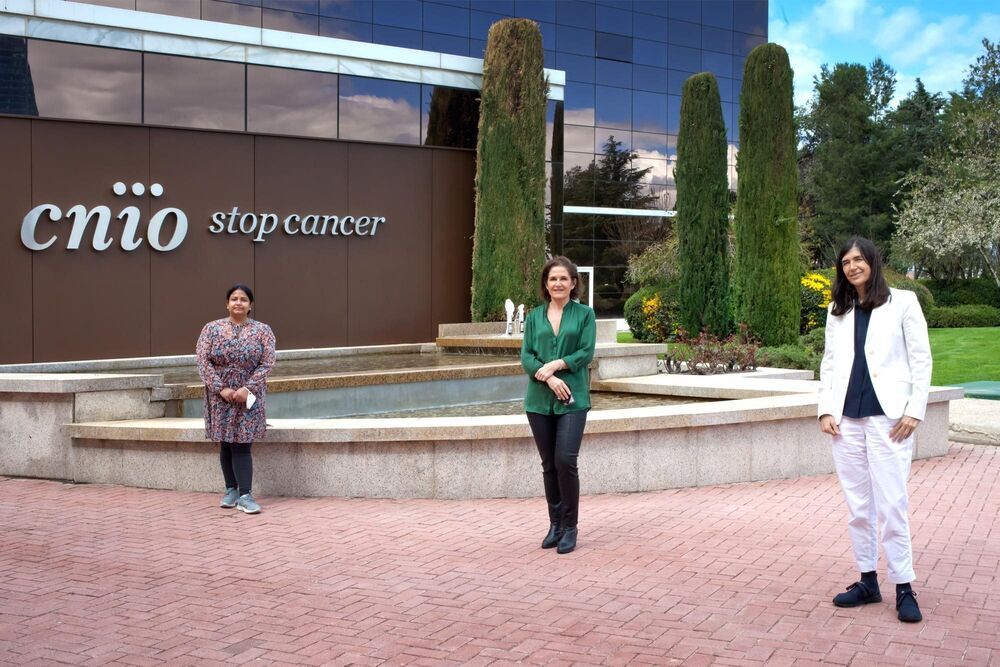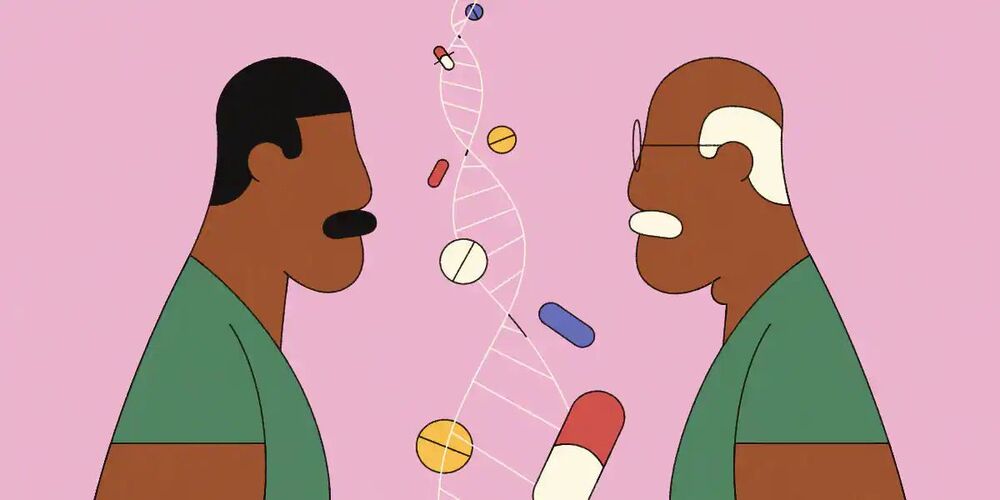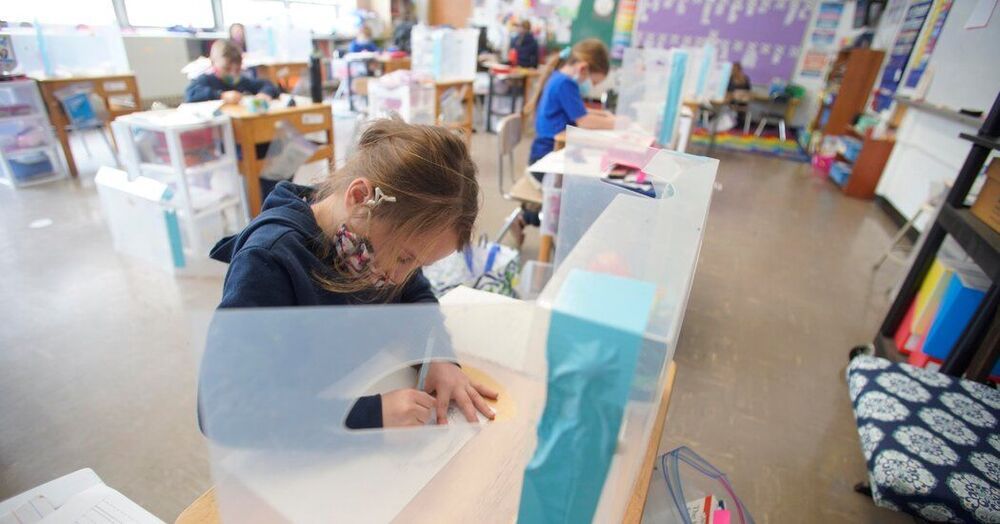Mar 16, 2021
People searching for objects in 3D image stacks are less successful than those searching for the same in 2D
Posted by Saúl Morales Rodriguéz in category: biotech/medical
The continuous improvement of imaging technology holds great promise in areas where visual detection is necessary, such as with cancer screening. Three-dimensional imaging in particular has become popular because it provides a more complete picture of the target object and its context.
“More doctors and radiologists are looking at these 3D volumes, which are new technologies that allow you to look not just at one image, but a set of images,” said UC Santa Barbara psychology professor Miguel Eckstein, whose expertise lies in the field of visual search. “In some imaging modalities this gives doctors information about volume and it allows them to segment what they’re interested in.”
Common wisdom is that with all this additional information provided, the rate of detection success should increase considerably. However that’s not always the case, Eckstein said. In a study published in the journal Current Biology, he, lead author Miguel Lago and their collaborators point out an odd foible of human vision: We’re actually worse at finding small targets in 3D image stacks than if they were in a single 2D image.


















